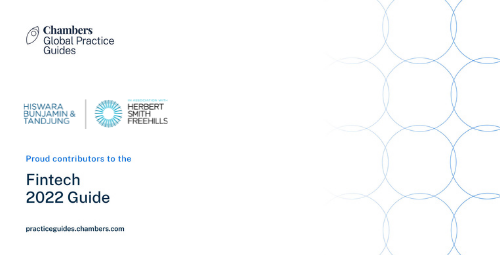You are here
Back to topIndonesia’s fintech sector was very active in 2021, dominated by transactions relating to fundraising, bolt-on acquisition to expand product offerings, commercial collaborations and consolidation. This article focuses on trends and developments in three fintech subsectors that were particularly active in the past year – digital banking, payments, and peer-to-peer lending.
Innovation continues to drive new product development, with new market entrants continuing to join the market. As the first generation of fintech companies matures, the shareholders of some of these companies have started to implement exit strategies, through M&A or IPOs.
As Indonesia’s regulators have become more aware of the issues facing this sector, and the potential pitfalls, they have revised the fintech regulatory framework by updating existing regulations and issuing new ones. These include new regulations and draft regulations on peer-to-peer lending, payments, equity crowdfunding and digital banks.
While the Financial Services Authority (Otoritas Jasa Keuangan or OJK) and central bank (Bank Indonesia) are implementing a more sophisticated, risk-based regulatory framework across the financial services sector, the speed of technological innovation in the fintech sector has continued to outpace these regulatory developments.

To download our article on Fintech Trends and Developments in 2022, published by Chambers and Partners, please click on the button below.


